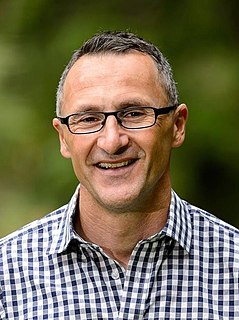A Quote by Hillary Clinton
Mental health is one of the biggest concerns, because now police are having to handle a lot of really difficult mental health problems on the street.
Related Quotes
I support defunding the police - particularly the militarization of our police force and reallocating those resources toward public health. And not just health care but mental health support, affordable housing, education, alternatives to incarceration, non-emergency responses to those who might be in mental distress.
I've obviously come from a health background. I was a doctor before I became a pollie and one of the things I'd like to do is to really build on the world-class health system we've got. I'm passionate about climate change because it's also a health issue. Things like extreme weather impact on people's health, the ability of our hospitals to cope, the impact on mental health, on farmers in regional areas - they're all serious health concerns.
Mental strength is not the same as mental health. Just like someone with diabetes could still be physically strong, someone with depression can still be mentally strong. Many people with mental health issues are incredibly mentally strong. Anyone can make choices to build mental strength, regardless of whether they have a mental health issue.
I think the sad fact is, there's a long history in this country at looking at African-American as subhuman. And I think that's reflected in the fact that, when we have problems that really are problems of employment, that are really problems of mental health, that are really problems of drugs, our answer is the police.
The impact of the earthquake on mental health was huge and unimaginably deep in people's lives. Some lost all benchmarks and references because of their great loss, we still have people coming to clinics with mental health problems related to the earthquake. They talk about the earthquake, about being under the rubble.































